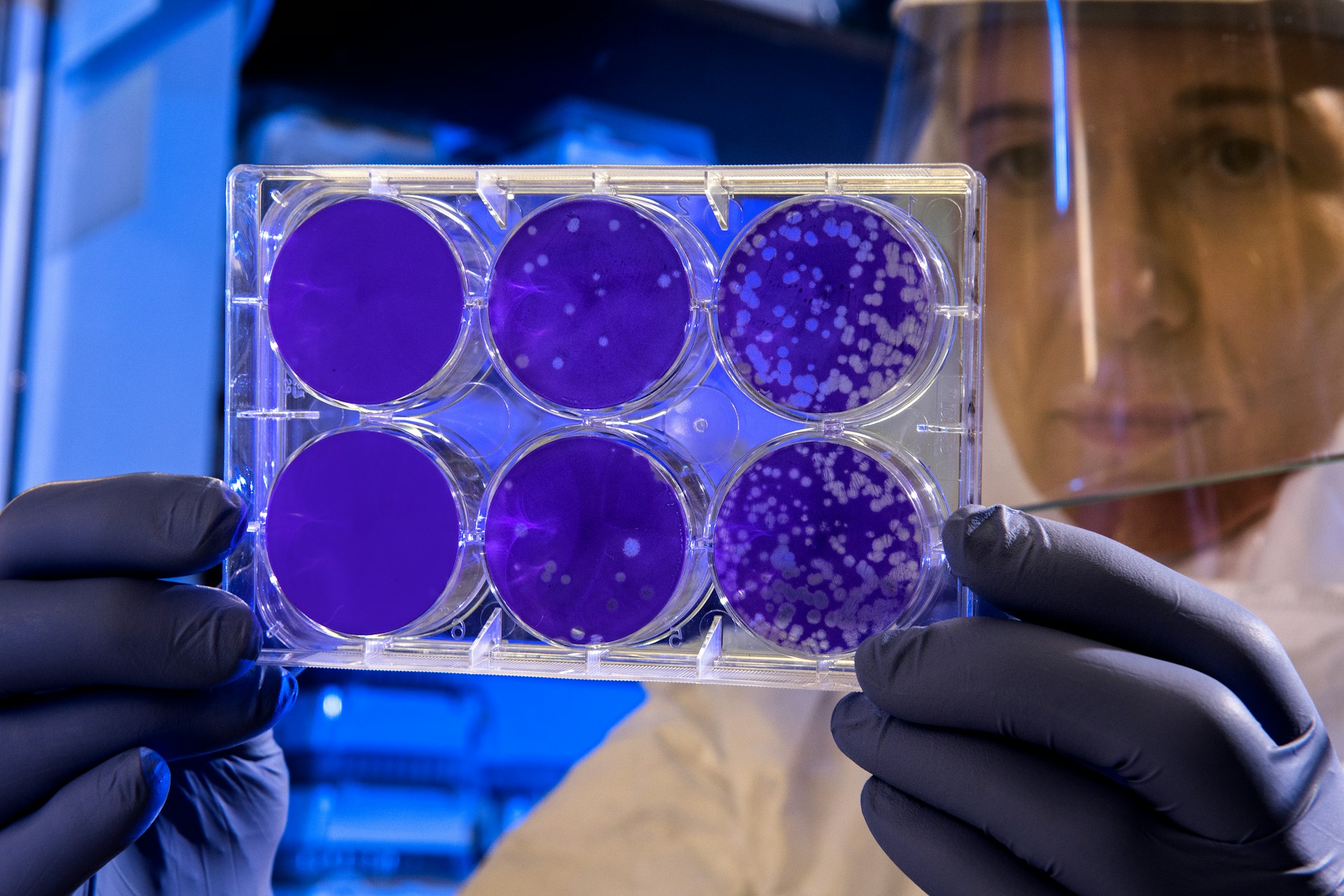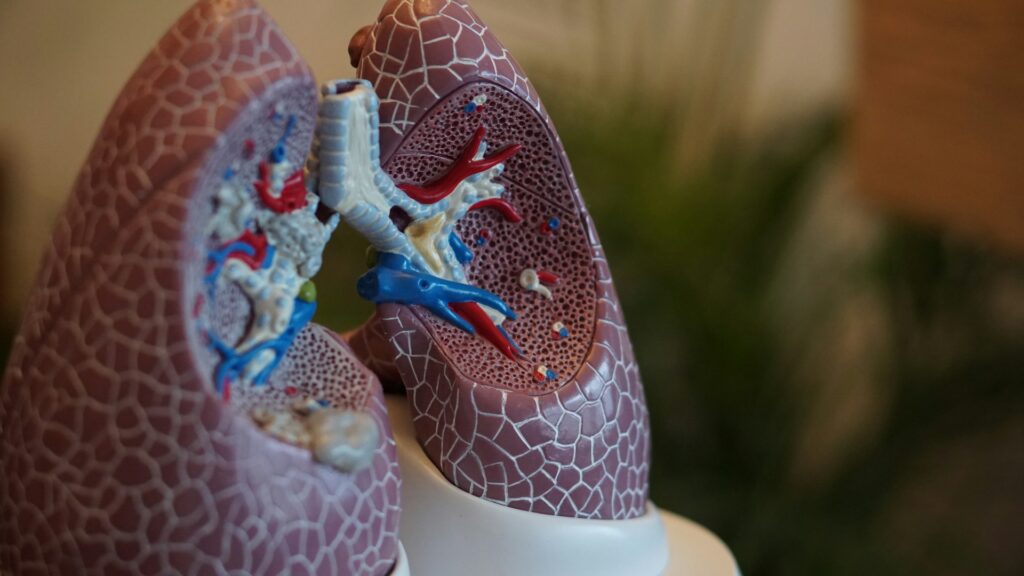Ageing is a complex biological process that continues to challenge researchers, but recent studies involving fruit flies have offered significant insights into the molecular mechanisms driving this phenomenon. Researchers from the RIKEN Center for Biosystems Dynamics Research have discovered that changes in chromatin structure; specifically regions of tightly packed DNA, are linked to stem cell exhaustion, shedding light on how tissues lose their regenerative power as organisms age.
“We’ve long known that stem cells have a dual nature during ageing, either proliferating uncontrollably or ceasing to function,”
said Dr. Sa Kan Yoo, lead researcher at RIKEN.
“However, this study marks the first time we’ve shown that chromatin modifications themselves can directly induce stem cell exhaustion without excessive proliferation.”
By analysing gene regulation in fruit flies’ intestinal stem cells, Yoo’s team pinpointed chromatin closures that suppressed the gene ced-6, a critical player in preventing stem cell depletion.
The ramifications extend far beyond flies. Stem cells are vital for regenerating damaged tissues, from the intestine to the kidneys. When they stop functioning, ageing organs lose their ability to repair themselves, contributing to age-related conditions in humans such as organ failure. “Understanding how chromatin changes lead to this exhaustion offers exciting possibilities for future therapies targeting similar mechanisms in humans,” added Yoo.
The involvement of chromatin in this process is particularly groundbreaking. Unlike more visible changes like DNA mutations, gene silencing or DNA methylation, chromatin modifications can be subtle but powerful influencers of gene expression. Ced-6 is just one example. When its expression was experimentally blocked, stem cells ceased dividing, even in young flies. This suggests that age-related stem cell depletion may not be entirely tied to chronological aging but could occur prematurely under certain conditions.
Looking ahead, the researchers aim to determine whether these chromatin changes occur in human cells, which could pave the way for interventions that slow down or reverse stem cell exhaustion.
“This could be a game-changer for regenerative medicine,” said a representative from the biotech company BioAge Labs, which is closely following the developments.
“The idea that we could manipulate chromatin structure to extend the health of human tissues is enormously exciting”
As research continues, one thing is clear; the humble fruit fly is offering a model for understanding the complex process of ageing, and with it, potential strategies for extending human health well into old age.

Hassan graduated with a Master’s degree in Chemical Engineering from the University of Chester (UK). He currently works as a design engineering consultant for one of the largest engineering firms in the world along with being an associate member of the Institute of Chemical Engineers (IChemE).



